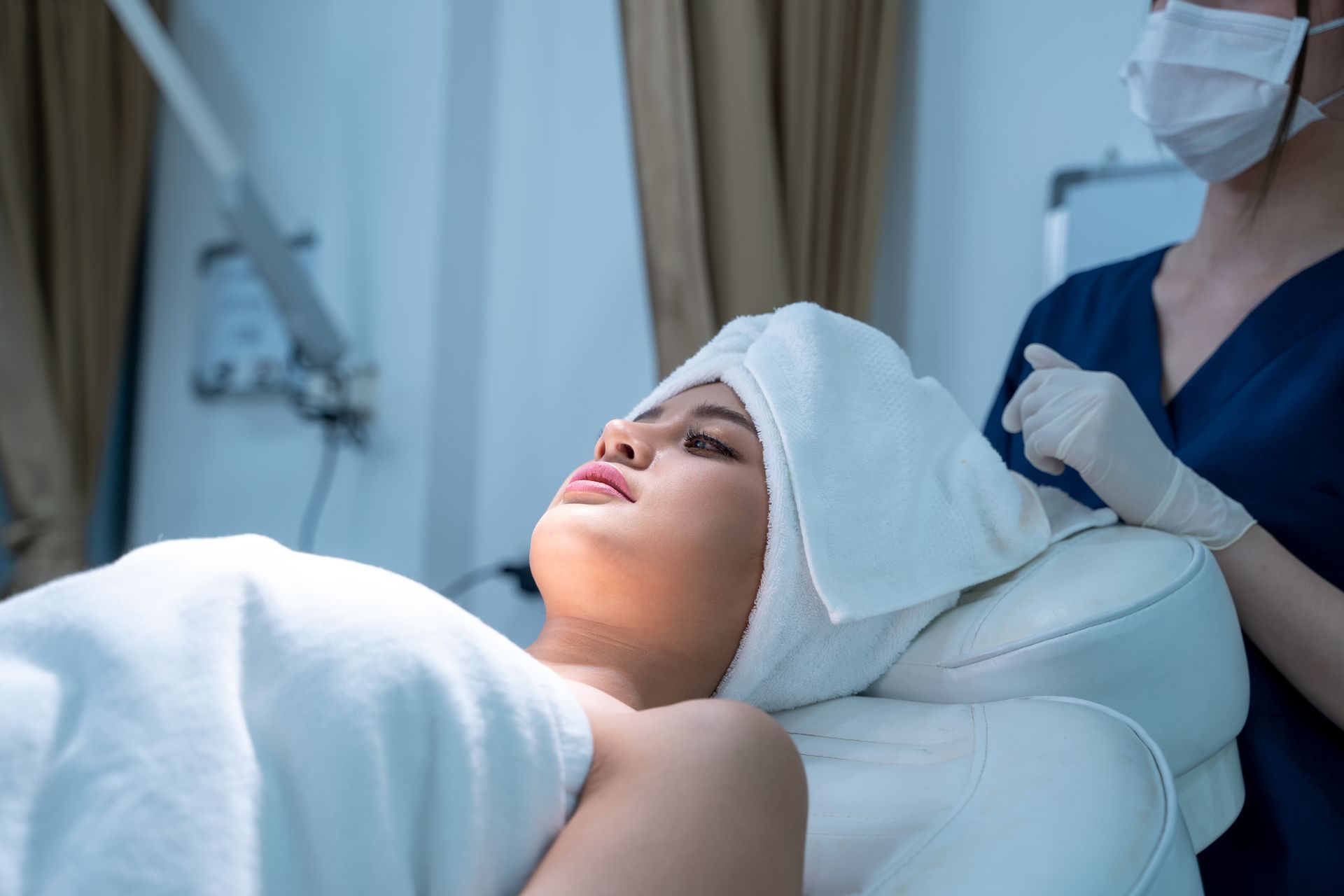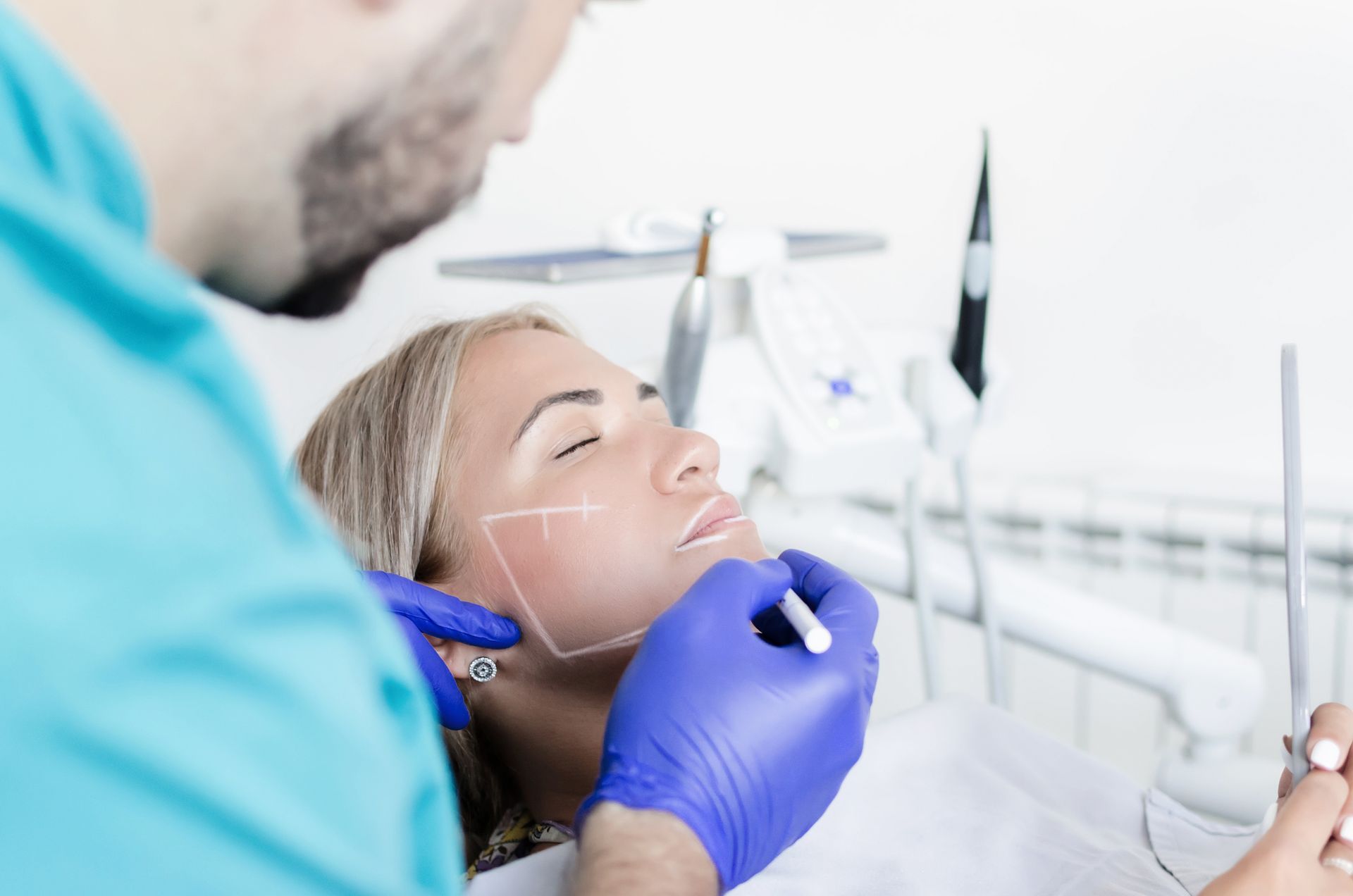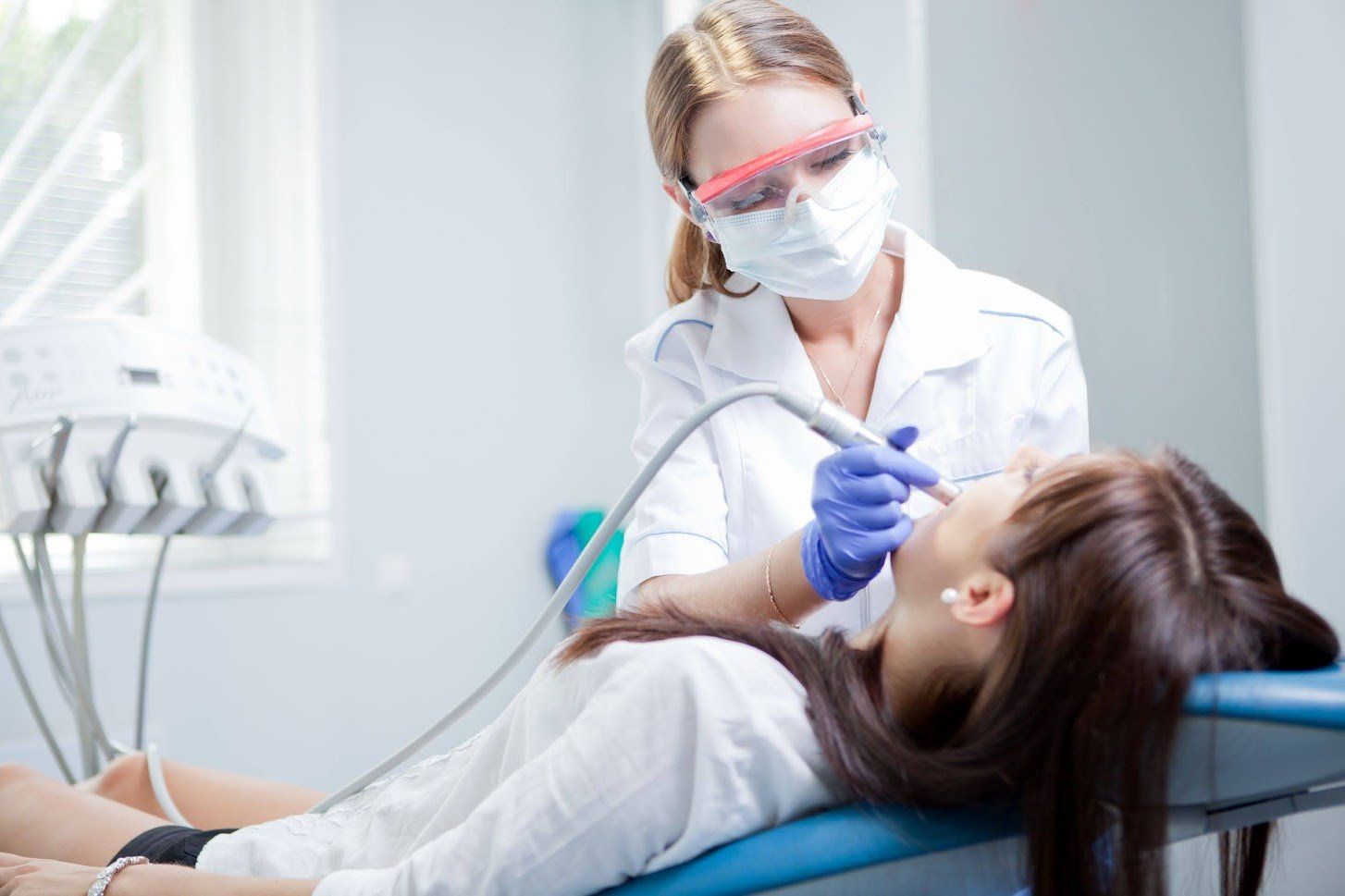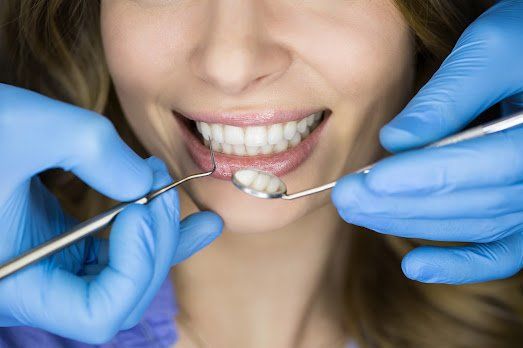Is Your Child Missing Permanent Teeth?
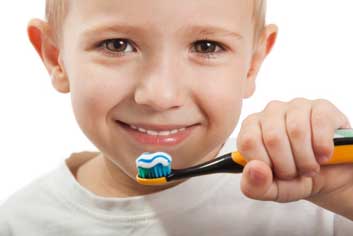
Most babies are already born with primary teeth inside the gums, and when they fall out, they are quickly replaced with the permanent teeth. However, if your child's permanent teeth aren't growing, they may be suffering from anodontia, which refers to missing teeth. If you would like to know more about this condition, keep reading.
Anodontia Is a Genetic Defect
Anodontia is a genetic defect passed down from parent to child. Therefore, if you do suspect your child has this condition, and it runs in your family, they probably have it. The condition is also commonly associated with ectodermal dysplasia. This inherited condition affects hair, nails, skin and sweat glands too.
The common symptoms of ectodermal dysplasia are alopecia, cleft lip/palate, missing fingernails, and missing sweat glands. If you've spotted any of these signs, there is a high chance your child has anodontia. Anodontia rarely is seen without ectodermal dysplasia.
Anodontia isn't life-threatening or painful, but it can make life difficult for your child. In particular, they will have a hard time with eating and speaking because of the missing teeth. The missing teeth may also begin to affect the jawbone, causing it to shrink and weaken.
Anodontia Can Also Affect Primary Teeth
Anodontia can also affect the primary teeth. Ideally, you should take your child to the dentist for their first visit when the first tooth erupts. If no teeth have erupted by age one or two, you should take them to the dentist to determine if there are any problems. Babies are born with primary teeth in the gums, so the dentist will be able to take X-rays to see if you child is missing their primary teeth.
If your child has missing primary teeth, it doesn't necessarily mean they won't grow permanent teeth, but even if they do, there may be complications. Primary teeth are necessary placement holders for permanent teeth. They provide the permanent teeth with a map that shows them where to grow.
Without those placement holders, the teeth are more likely to grow in crooked, which would require future orthodontia work. Some teeth may even grow sideways or not fully erupt.
Anodontia Has Few Treatments
Unfortunately, your child can't grow new teeth to fix the anodontia. Luckily, there are treatments that can help once they get older. The cheapest and easiest solution is to get dentures or partial dentures, but dentures are not as durable or stable as other options. If your child is only missing a few teeth, a dental bridge may be a good choice. The most durable option, however, is a dental implant.
Single dental implants can replace one missing teeth, but implants can also be used to create implant-supported bridges and dentures. Before your child can get dental implants, however, the dentist must make sure their jaw is strong. Remember, missing teeth cause the jawbone to weaken, but a strong support is necessary for implants.
If the jawbone is too weak, a bone graft will need to be performed. This procedure helps promote new bone growth by adding synthetic bone or bone from another part of your child's body. When the area is fully healed, it should be strong enough to support an implant. In the meantime, however, your child can use dentures, which don't require a strong jawbone.
While anodontia is uncommon, it is possible your child was born with no teeth and will be unable to develop teeth. If you suspect your child may have this condition, it's important to see your dentist as soon as possible. For more information about anodontia or other dental defects, contact us at Pittsburgh Dental Spa today.
Reviews from real patients:
Carmen up front is the nicest person ever! First time I met her she was running around doing many jobs and still being oh so sweet. Dr. Kelly is just as amazing! They truly make you feel comfortable and the atmosphere is amazing. Highly recommend!!
Brianna Bangs


